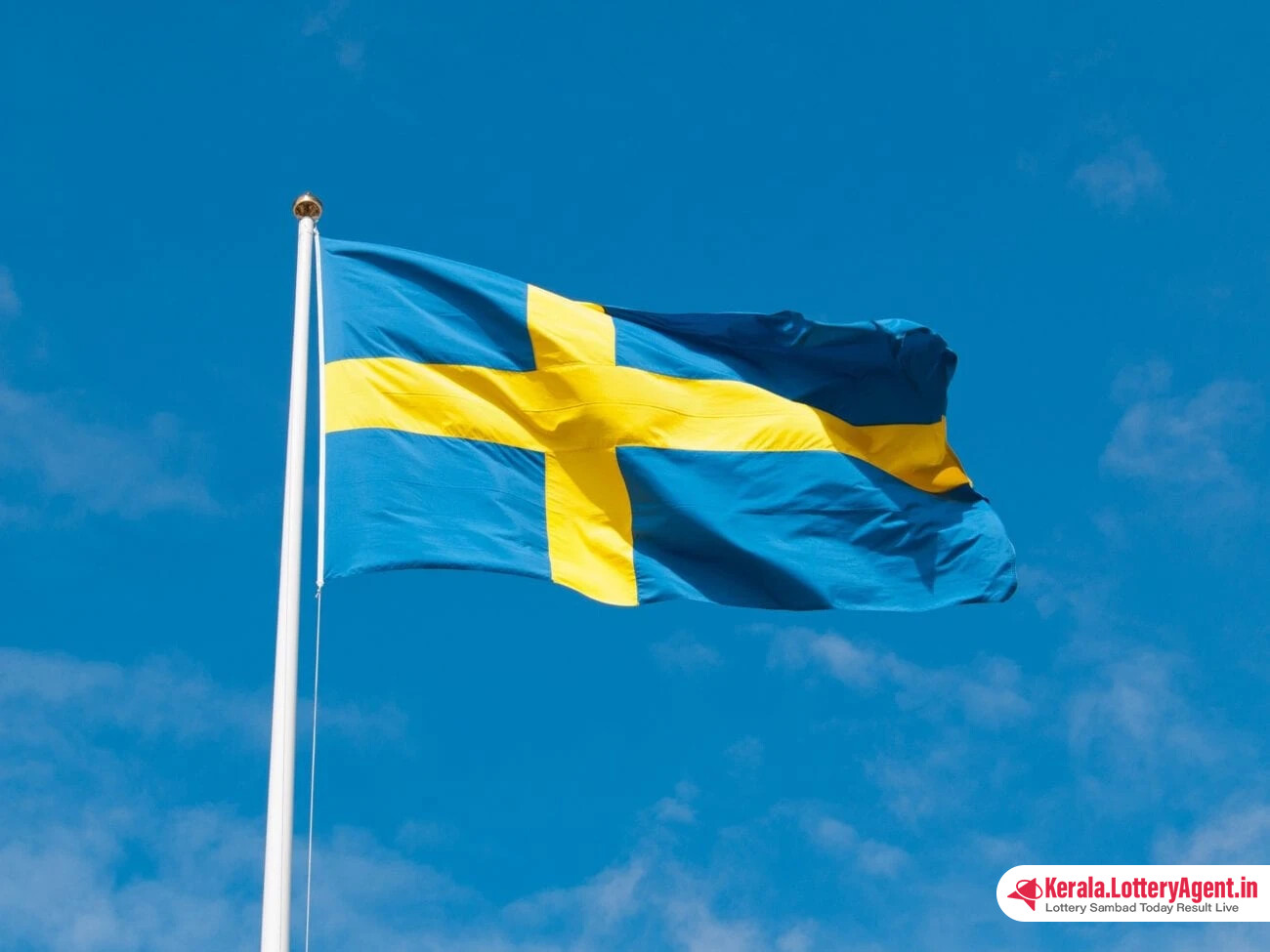
A comprehensive scrutiny is set to unfold as the Riksrevisionen (Swedish National Audit Office) has officially announced an investigation into Spelinspektionen, the Swedish Gambling Authority. The focus of the probe will be to assess how the authority has adapted to the challenges that emerged following the re-regulation of the gambling market in Sweden in 2019. The findings from this high-stakes review are anticipated to be disclosed to the public in September 2024.
This news arrives during a climactic period for Spelinspektionen, as the regulatory body has been adapting to a significantly transformed gambling landscape over the past few years. With the reformation of the market aiming to heighten channelization—to direct gambling into a government-controlled environment—questions have been raised regarding the efficacy and impact of these efforts.
Alarmingly, research has emerged suggesting an exponential ten-fold surge in traffic to unlicensed gambling sites since the re-regulation took effect. This development is juxtaposed with figures from ATG, a major operator, which indicate that channelization rates of regulated online gambling lingered between 70% to 82% in the third quarter.
Concerns extend beyond mere statistics, however. The Riksrevisionen has provided figures which imply that the gambling sector in Sweden may, in fact, be deleterious to the national economy. Despite generating SEK6bn in tax revenue, the societal costs attributed to problem gambling reportedly soar to an estimated SEK9bn, thus negating the fiscal benefits.
The role of Spelinspektionen in supervising and optimizing the market is now under the microscope. It is expected to ensure that the market remains healthy, safe, and under public supervision while safeguarding revenues for public causes and setting favorable conditions for non-profit organizations to acquire funding.
The investigation is set to delve into whether Spelinspektionen, under the new system, has managed to regain control and extend adequate consumer protections. The authority’s pivotal role has indeed scaled up since the market’s reregulation, as it now oversees roughly 600 license and permit holders—a marked increase from the more concentrated market pre-2019, which was dominated by a handful of major players such as Svenska Spel and ATG.
As we await the findings of the investigation, it’s worth noting that Sweden’s gambling revenues have shown a degree of stability with gross gaming revenue (GGR) from licensed holders maintaining at SEK6.7bn. This heartening report was slightly tempered by a slight year-on-year decrease in contributions from non-profit lotteries in Q3, which reported an 8.26% drop.
Adding to the narrative, Camilla Rosenberg, the director-general of Spelinspektionen, recently endorsed legislative changes aimed at fortifying consumer protections within the Swedish Gambling Act. Among the proposed changes is the requirement for operators to secure written consent from customers for telephone-based gaming and the empowerment of providers to access personal finance and health data provided by said customers. Furthermore, higher penalties are being considered for gaming companies found violating the Money Laundering Act.
However, Spelinspektionen has positioned itself in stark contrast to a governmental probe regarding the prohibition of credit card gambling. The investigation recommended against a ban, but the gambling authority steadfastly reiterated its legal position—a stance that aligns with the stipulations of the Gambling Act, disallowing license holders from inciting players to incur debt.
The Swedish gambling landscape is evidently at a crossroads, with regulatory practices, economic implications, and consumer safety at the forefront of discussions. As the Riksrevisionen embarks on its investigation, the industry awaits its conclusions with anticipated changes that may redefine the contours of responsible gaming in the nation.












